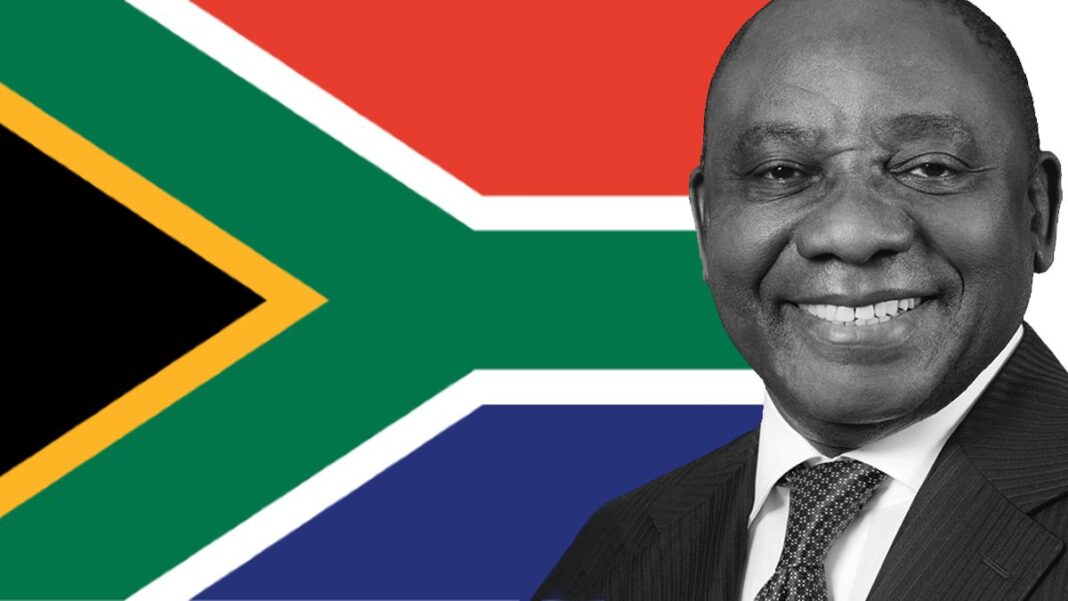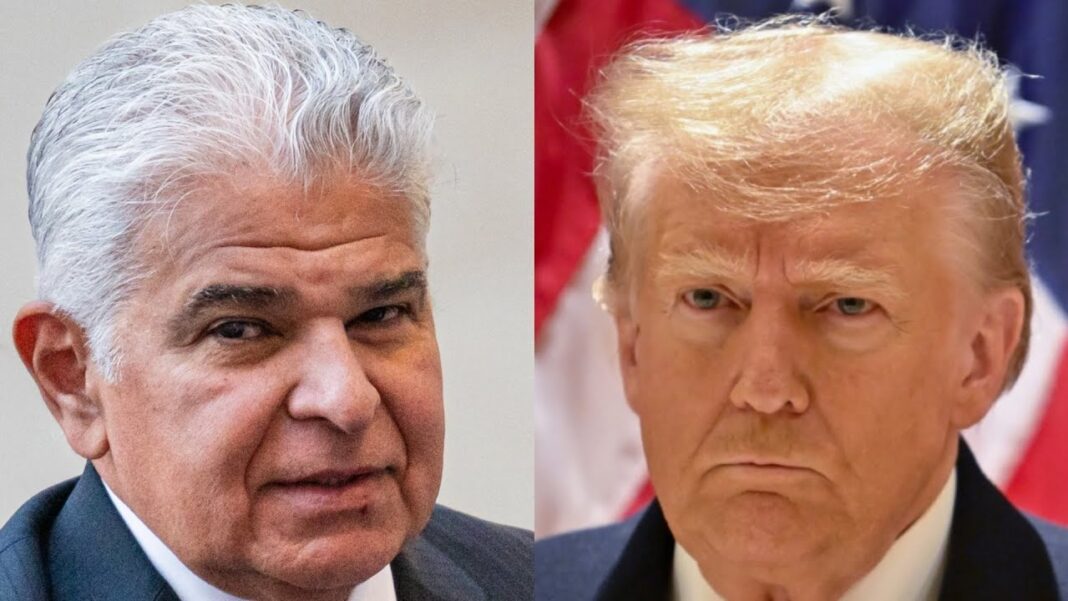
The controversial expropriation law aims to address racial disparities in land ownership.
President Donald Trump said on Sunday that he would suspend future U.S. funding to South Africa in response to the country’s new controversial expropriation law, which allows land seizures by the state.
In a Truth Social post, Trump accused South Africa of seizing land and “treating certain classes of people very badly.”
“It is a bad situation that the Radical Left Media doesn’t want to so much as mention,” the president stated. “A massive Human Rights violation, at a minimum, is happening for all to see. The United States won’t stand for it, we will act.”
South African President Cyril Ramaphosa signed a bill into law on Jan. 23 that allows provincial and national authorities to “expropriate land in the public interest” for various reasons, “subject to just and equitable compensation being paid.”
The expropriation law aims to address racial disparities in land ownership. 30 years after the apartheid system was abandoned, most farmland remains owned by white people.
Some members of the coalition government question the constitutionality of the law and have indicated they may challenge it in court.
The government notes that special conditions have to be met before expropriating land such as it having longtime informal occupants, being unused and held purely for speculation, or being abandoned.
“We look forward to engaging with the Trump administration over our land reform policy and issues of bilateral interest. We are certain that out of those engagements, we will share a better and common understanding over these matters,” Ramaphosa said in a statement issued by the presidency on Monday. “South Africa is a constitutional democracy that is deeply rooted in the rule of law, justice and equality. The South African government has not confiscated any land.”
Ramaphosa’s office stated that reasons for expropriating land can include promoting inclusivity and allowing access to natural resources. The bill would repeal the nation’s Expropriation Act of 1975, which required the state to compensate owners for the land it sought to seize.
“In terms of this law, an expropriating authority may not expropriate property arbitrarily or for a purpose other than a public purpose or in the public interest,” his office stated.
South Africa’s Democratic Alliance leader John Steenhuisen said in a Jan. 25 statement that he strongly objects to Ramaphosa’s signing of the bill, saying it ignored legal opinion “that the Act is unconstitutional.”






